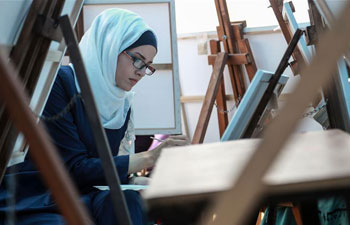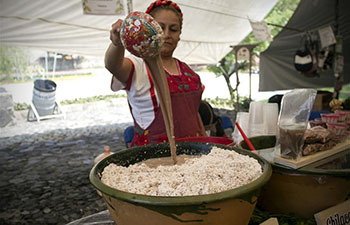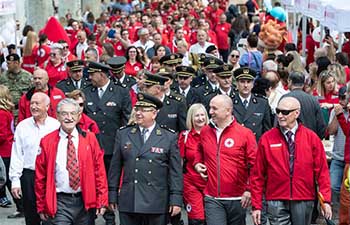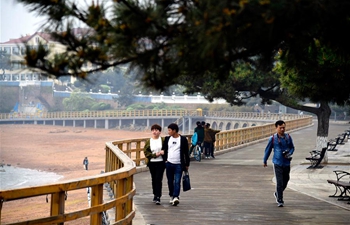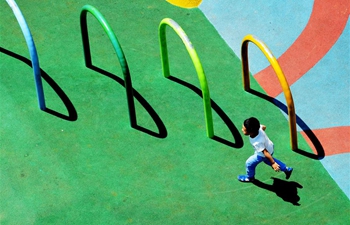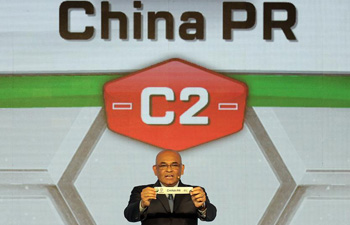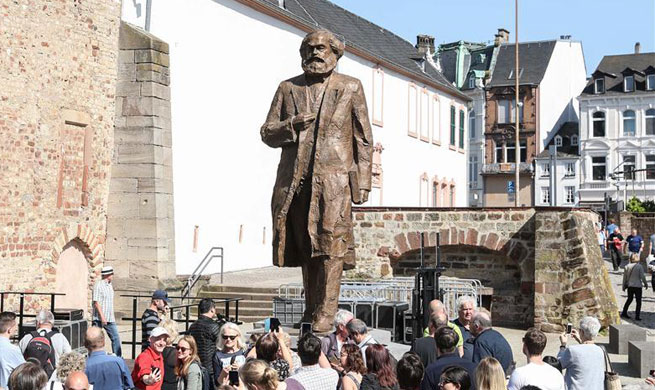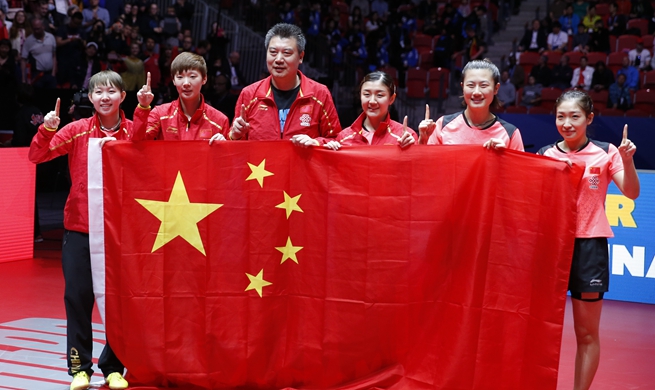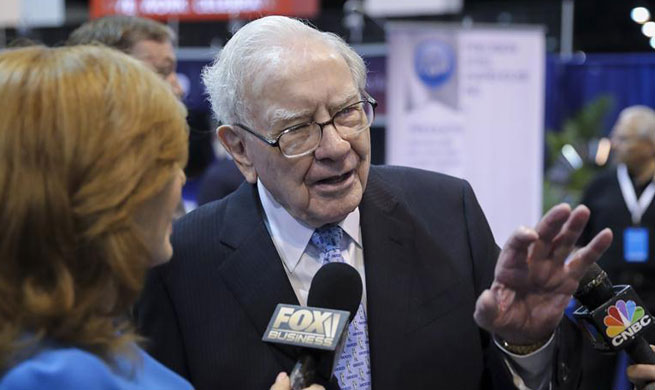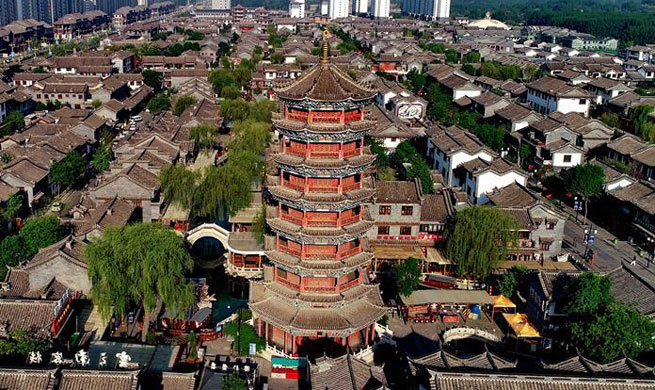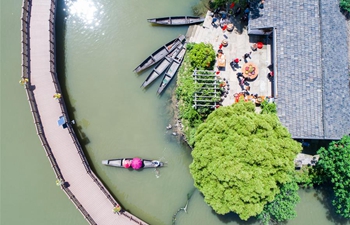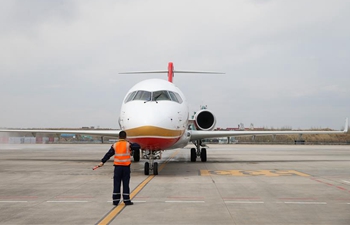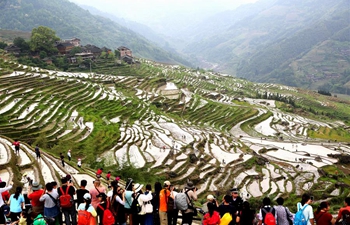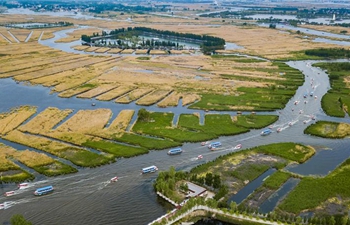BEIRUT, May 6 (Xinhua) -- Lebanon will hold its first parliamentary election since 2009 on Sunday.
There are 976 registered candidates, including 111 women, running for the 128 seats in the parliament. The mandate of the current parliament was supposed to expire in 2013, but the lawmakers have extended it for several times, last time in June 2017 for another 11 months.
The parliament of Lebanon elects the president and approves the government. The prime minister, although appointed by the president, should also retain the confidence of majority in the parliament.
It also bears the responsibility of making major financial decisions such as levying taxes and passing budgets.
On May 25, 2014, the Lebanese parliament failed to elect a new president to replace then President Michel Suleiman when his term ended, creating a presidential vacuum which lasted for two and a half years.
Attempts to elect a new president failed dozens of times as the political fissure deepened within the parliament.
Lebanon has been split between two major opposing camps, the March 8 Alliance and the March 14 Alliance, resulting in a political deadlock throughout the administration.
In 2014, former army chief Michel Aoun, a member of the March 8 Alliance backed by Iran and Syria, became a candidate for the presidency. But he faced rivalry from the Saudi-supported March 14 Alliance, which backed the candidacy of the Lebanese Forces leader Samir Geagea.
However, in late 2015, Geagea withdrew from the presidential race after reaching an agreement with Aoun to back the latter's candidacy. In October 2016, Aoun was finally elected as Lebanon's 13th president, ending the long-time vacancy.
In June 2017, the Lebanese parliament ratified a new electoral law, which adopts a system of proportional representation for the first time in Lebanon's history, replacing the traditional winner-takes-all majoritarian principle in all former elections since its independence in 1943.
Lebanese nationals living overseas, for the first time, are able to cast ballots in early voting in this year's election. A total of 111 women have registered to run this year, creating a new record for the country.
Lebanon has long been sticking to a power-sharing pact among its coexisting religions, which stipulates that the president should be a Christian Maronite, the parliament speaker a Muslim Shiite, and the premier a Muslim Sunni.
But the delicate political balance is easy to break, especially when it is under rising pressure from external intervention.
Prime Minister Saad Hariri, a fierce opponent of the Syrian government led by President Bashar al-Assad, is the leader of the March 14 Alliance that rivals the Iranian-backed Hezbollah and enjoys the support of Saudi Arabia.
At the same time, President Aoun is allied with Hezbollah, whose forces are fighting in Syria alongside Syrian government forces.
On Nov. 4, 2017, Hariri abruptly announced resignation on TV in Riyadh, the capital of Saudi Arabia, triggering a political crisis, which ended when Hariri rescinded his resignation in early December, shortly after returning home.




